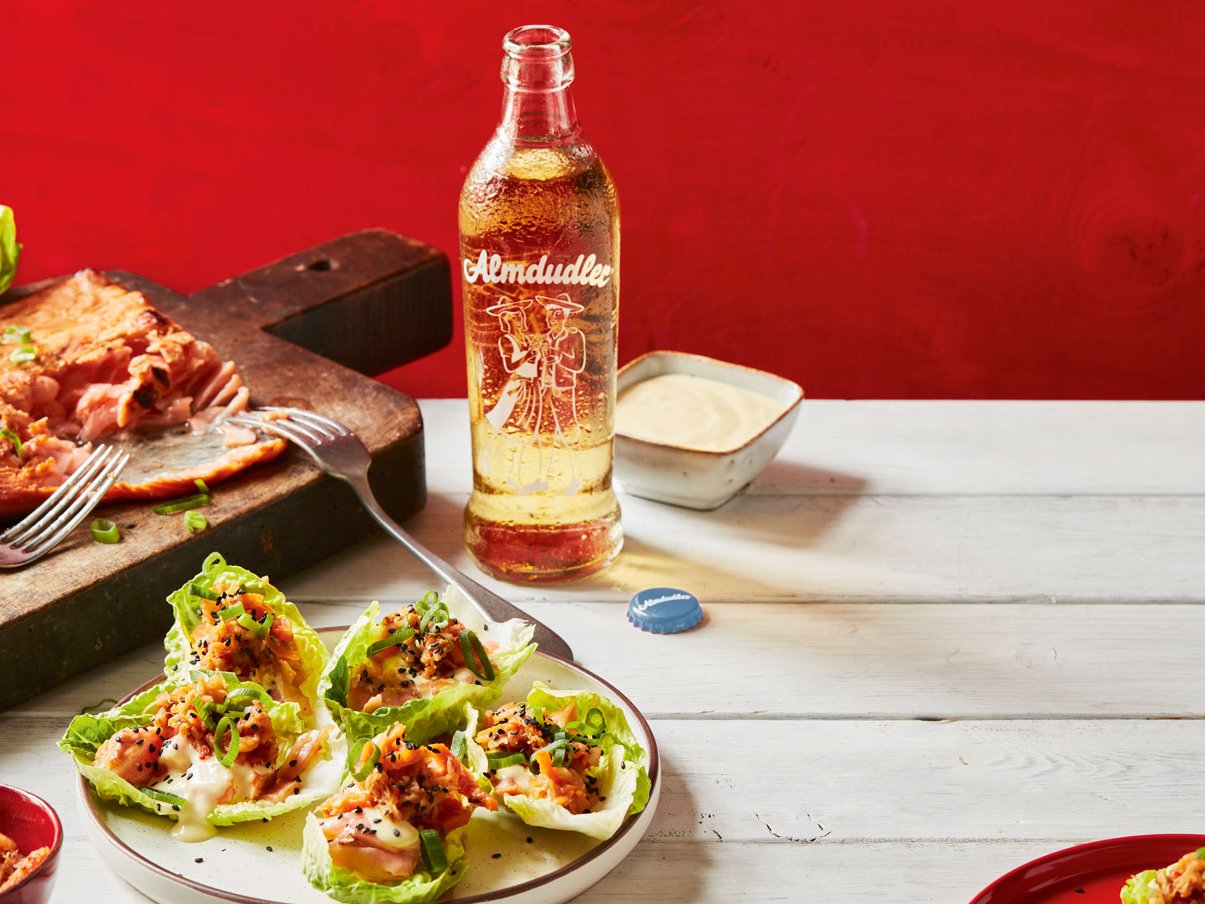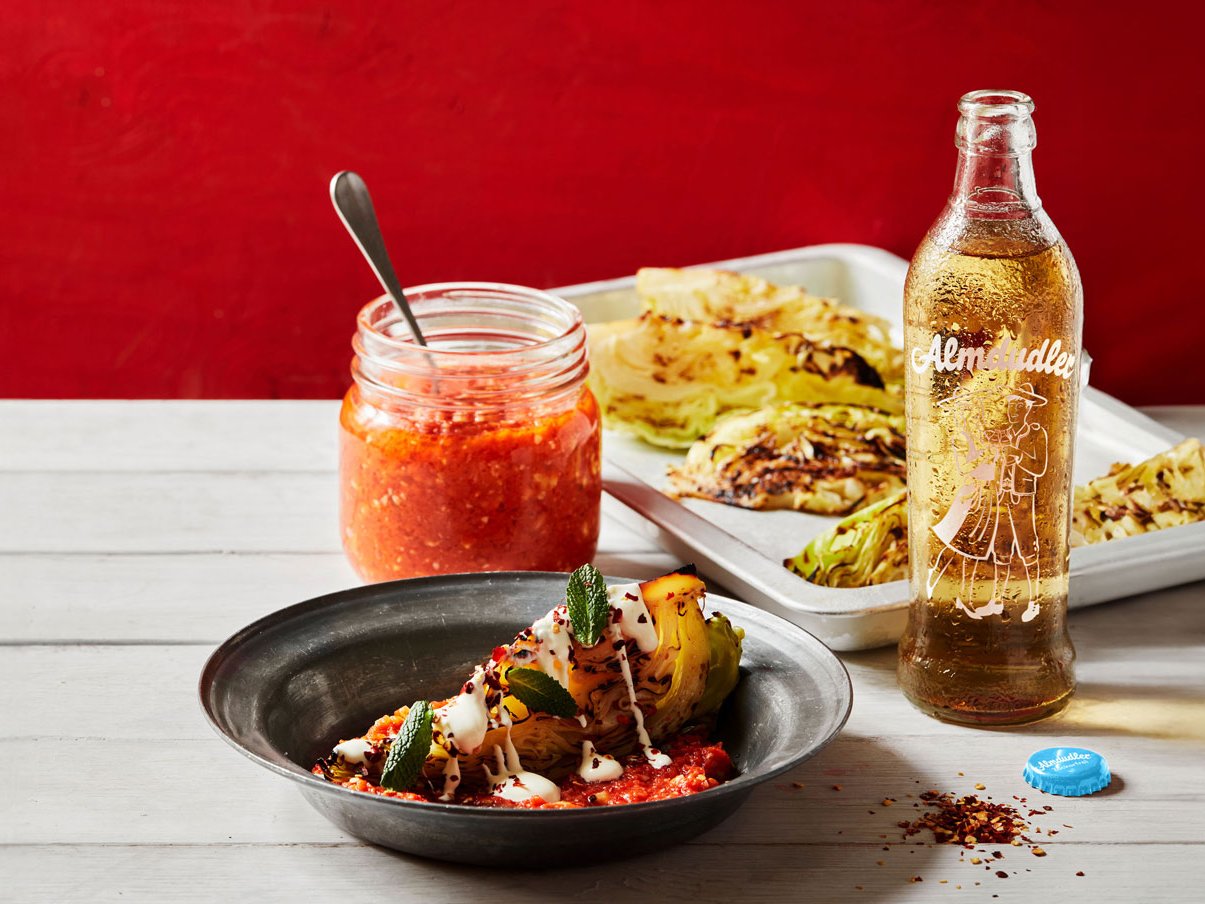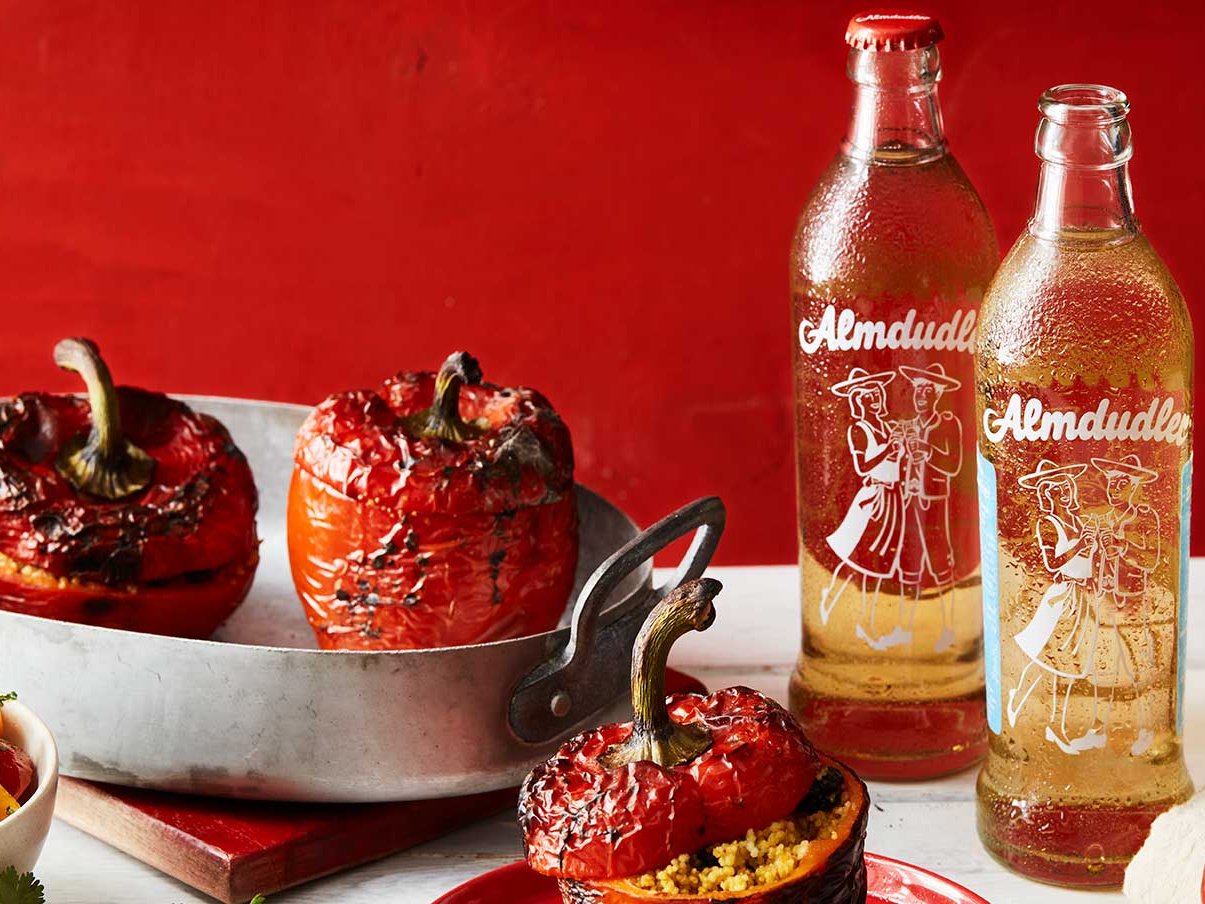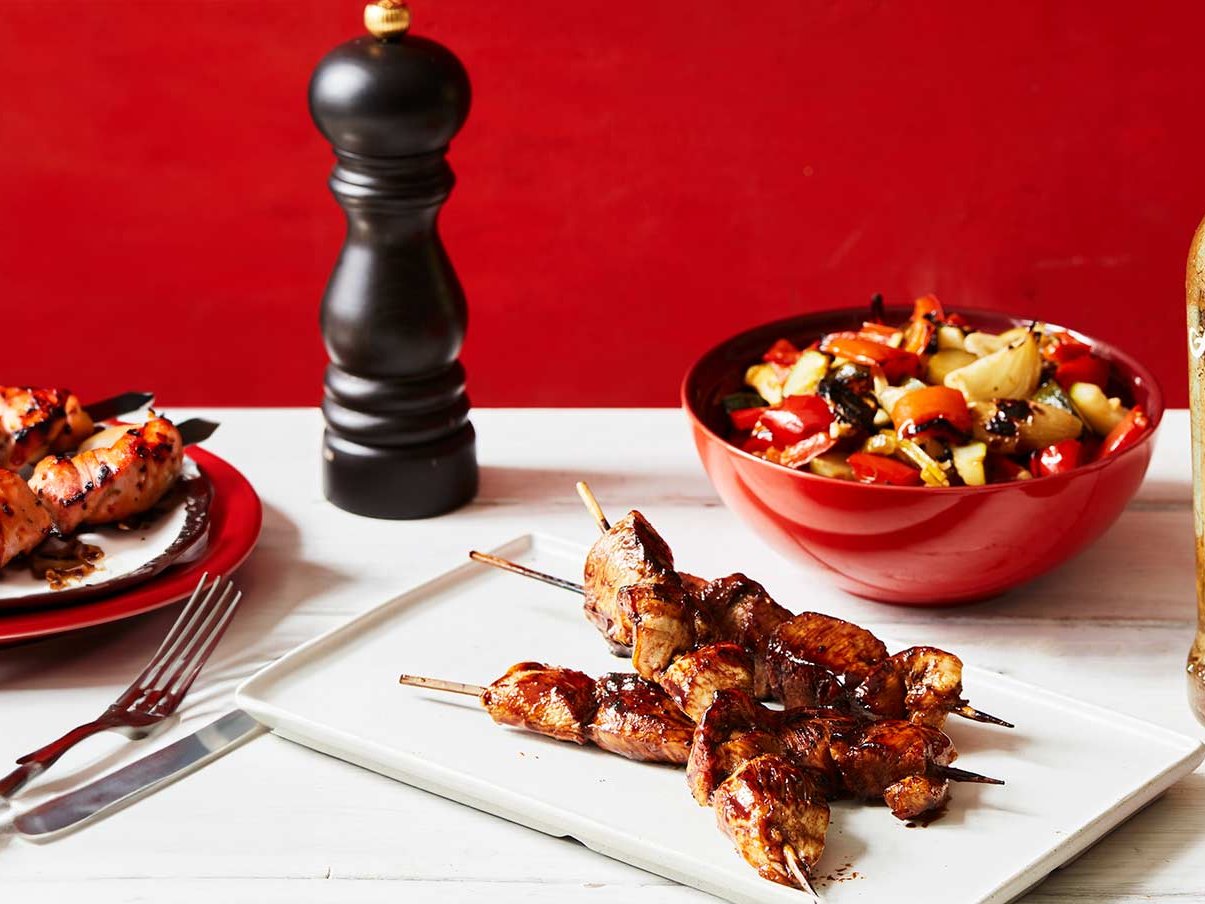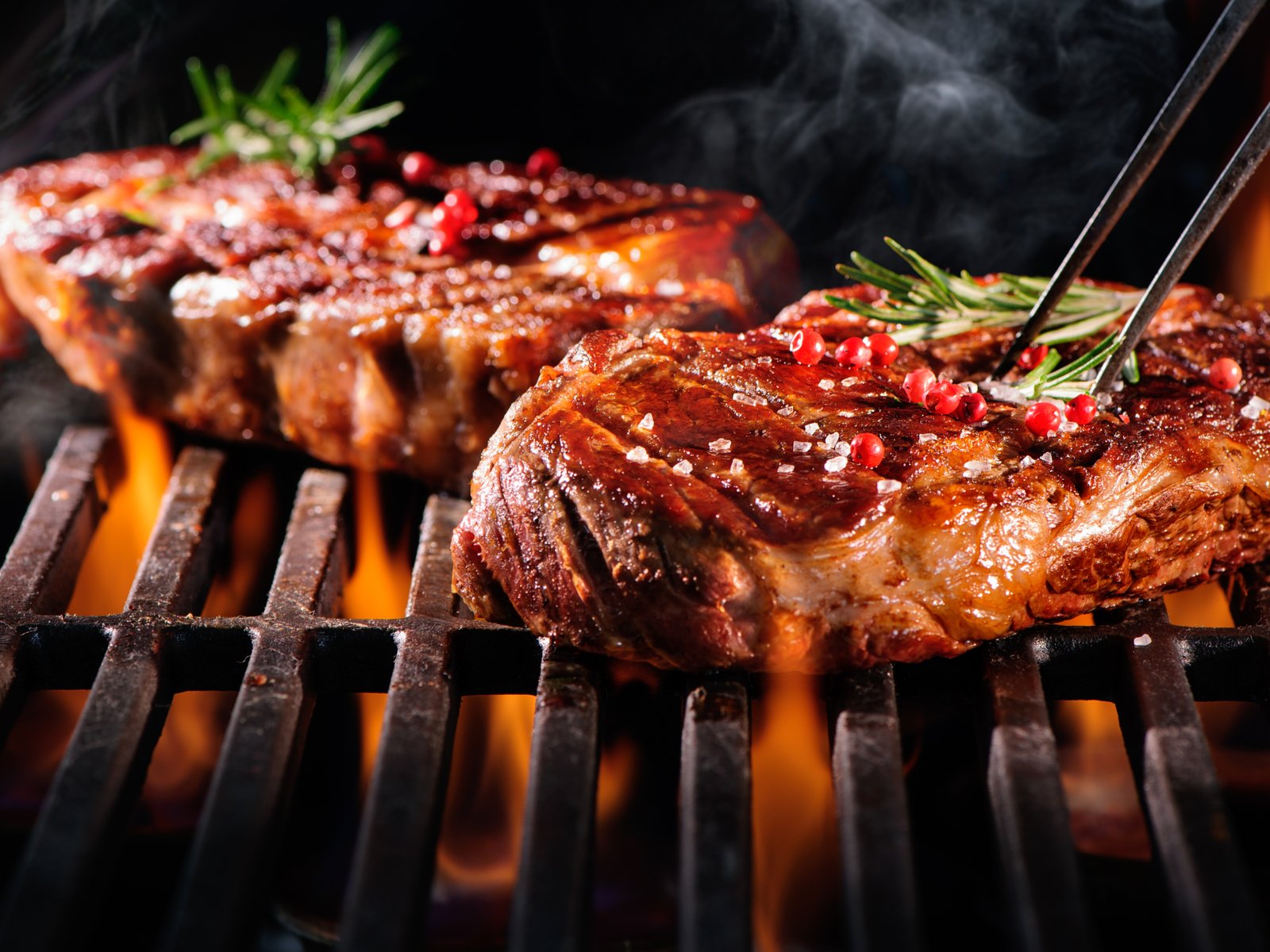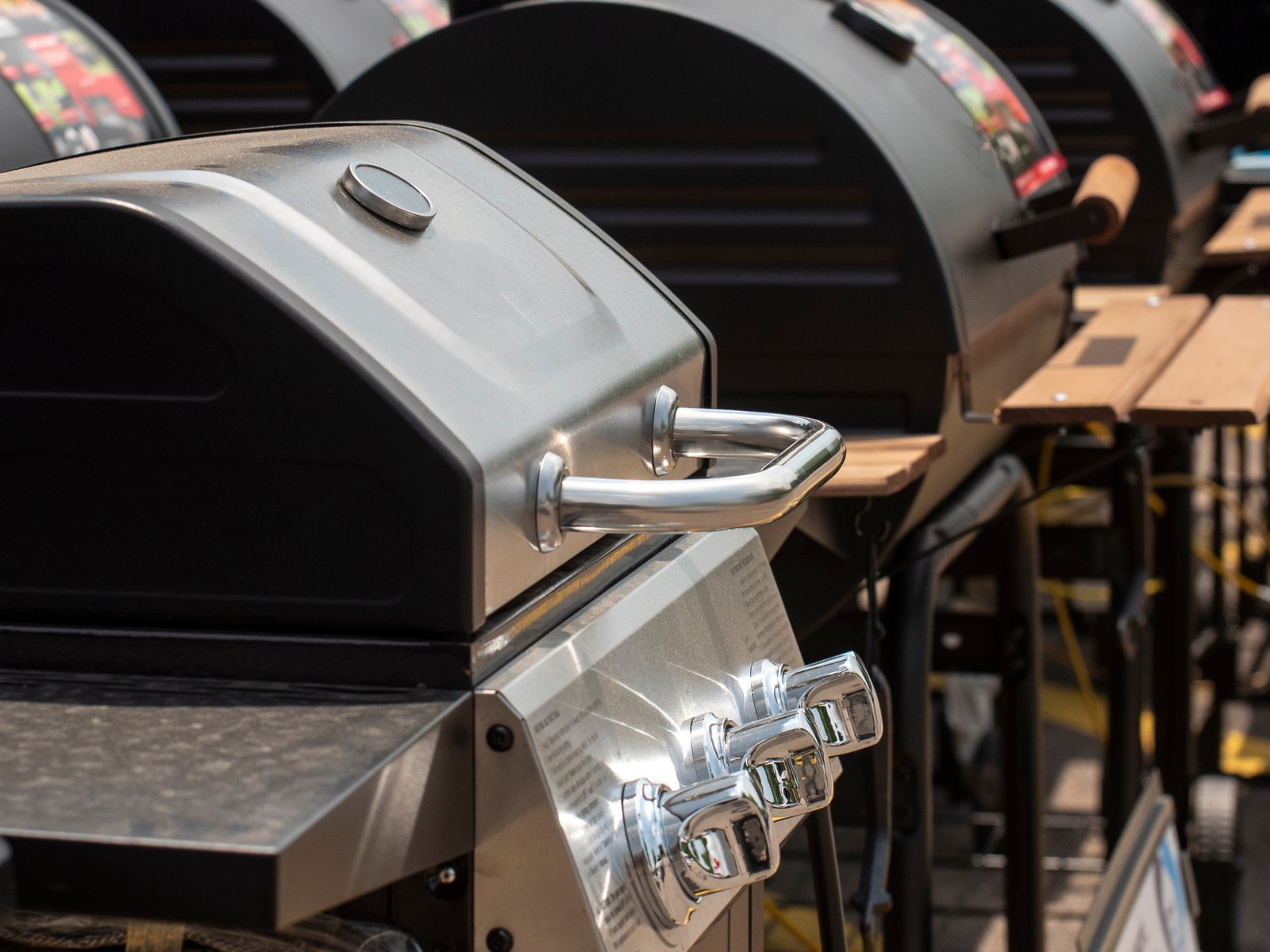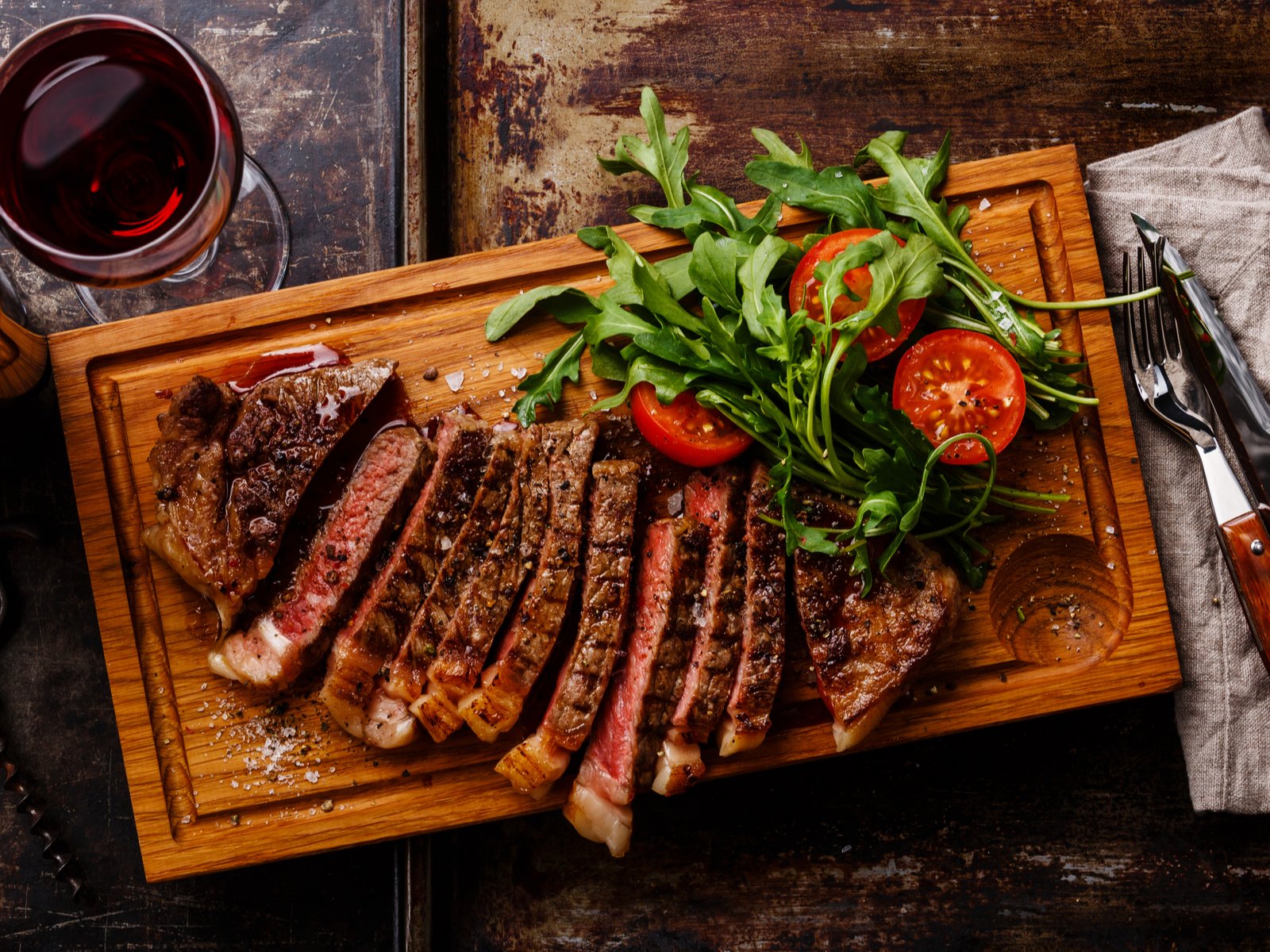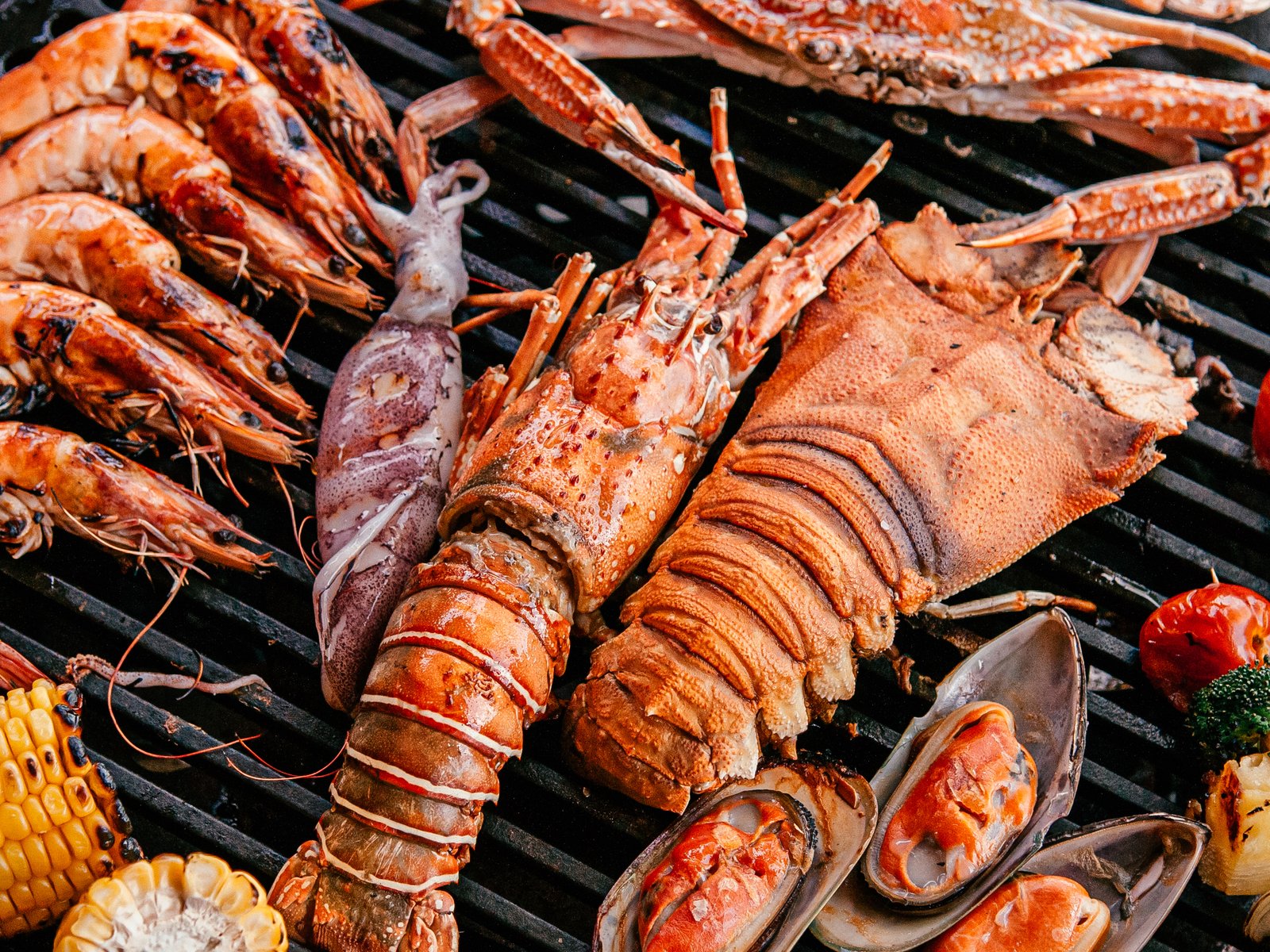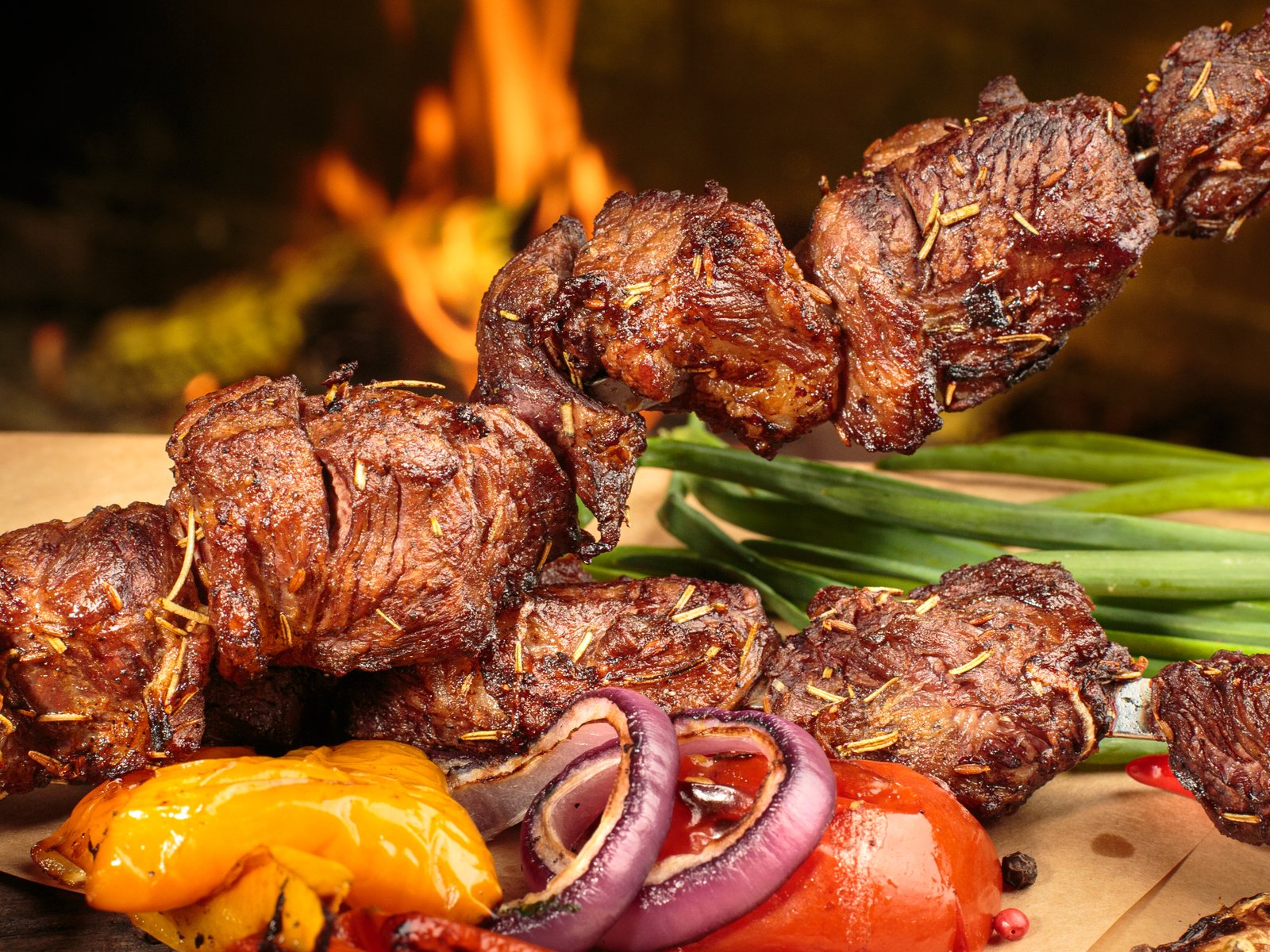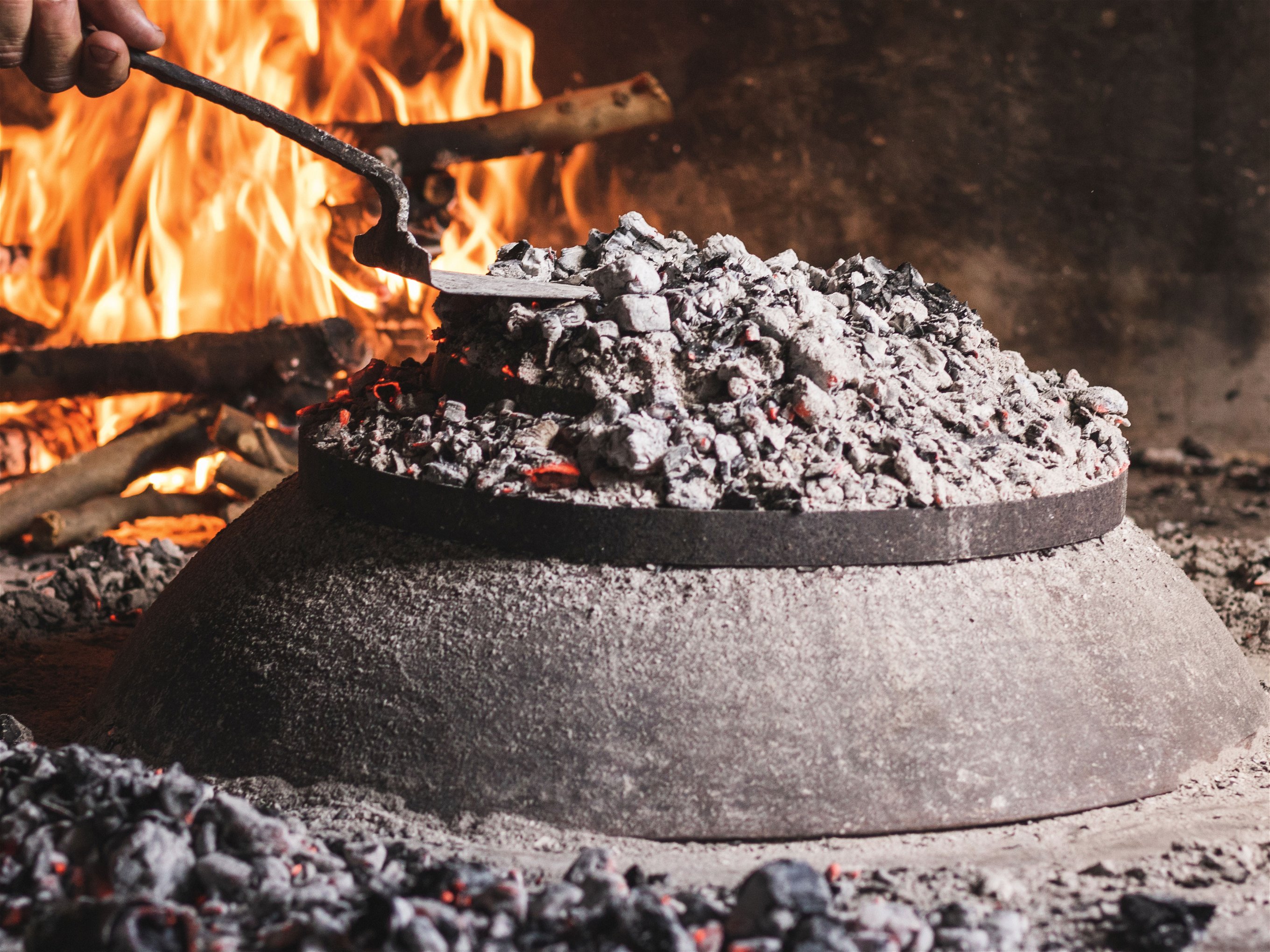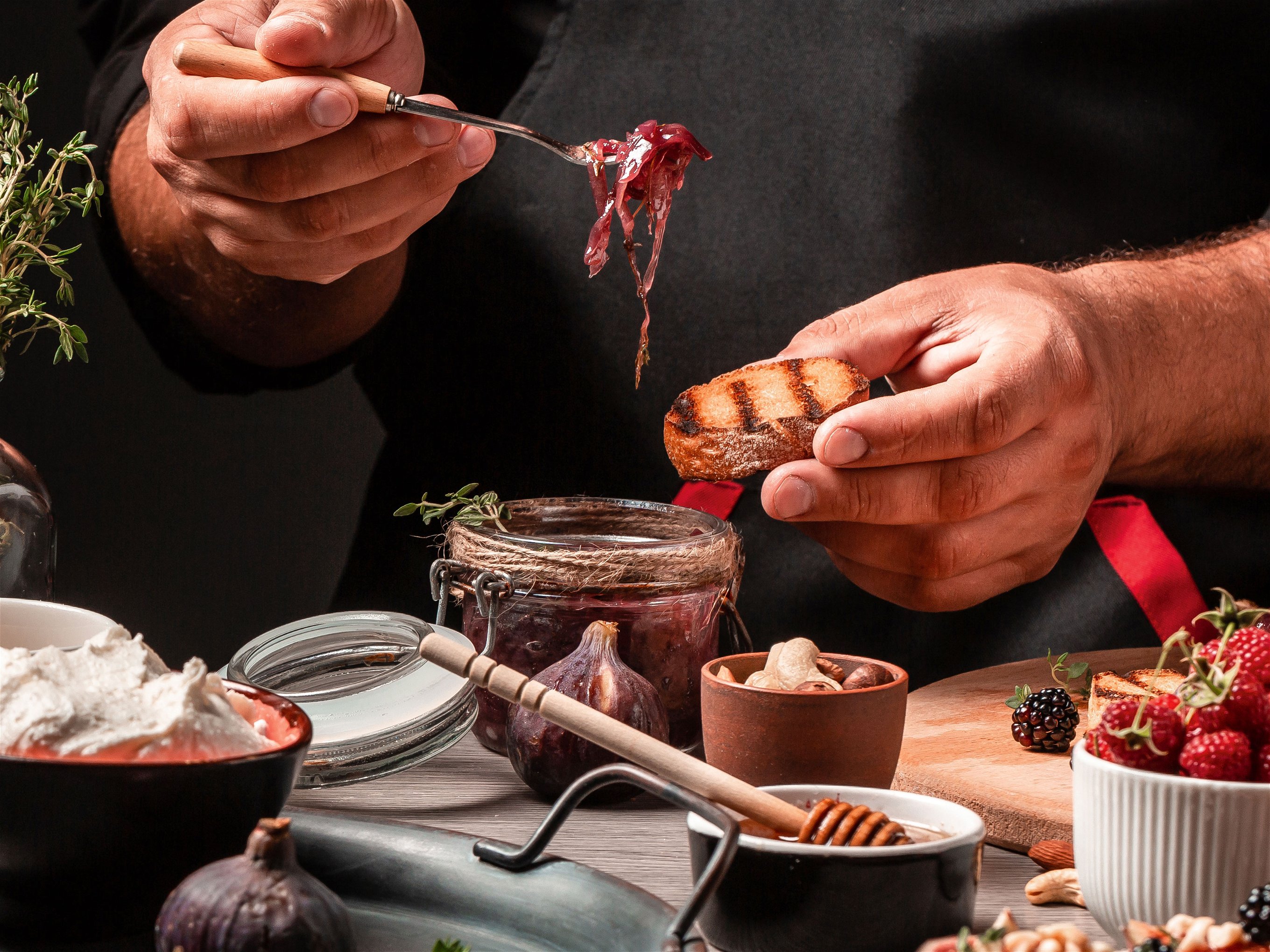This is how the Mediterranean grills: Greece
Greeks boast of cultivating a relatively archaic form of grilling
Among the things that have yet to be discovered by the world is the affinity between grilled meat and yoghurt. For the Greeks, who found most things before the rest of us Europeans, this is nothing new. Yoghurt and barbecue go hand in hand on the Greek mainland and islands. If you stop and say, »Wait a minute, but we know and love tzatziki,« you're not wrong. But there is much more than this version with cucumber, garlic and herbs that is needed to be happy. Yoghurt goes well with grilled chicken. With marinated lamb from the grill. With skewers. With steak and grilled aubergine. It also goes well with grilled peaches - although we might have thought of that ourselves.
Thanks to its creamy yet slightly sour taste, Greek yoghurt is the ideal counterpoint to meat, which comes off the grill hot and crispy, and often spicy. Either pure, whipped with feta or refined with lemon juice, herbs and spices, it refreshes and provides balance on the palate. And it's healthy too! Taken together, it's pretty convincing, which is why a Greek barbecue without yoghurt is practically unthinkable.
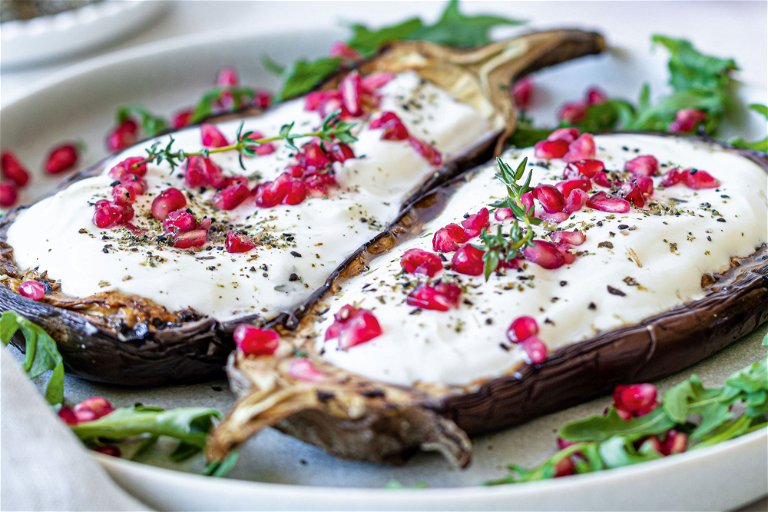
Grilling like in the old days
Trendy pellet grills, temperature-controlled smokers or similar are rarely found on such evenings, by the way. Greeks boast of cultivating a relatively archaic form of grilling, sometimes, a sheet of steel is enough, and even homemade models made of stones are used. Modern, hip grills are relatively new to the country, writes Greek-American TV chef Diane Kochilas in an article for the expert website »Barbecue Bible«. Kochilas is an authority; she runs a cooking school on the island of Ikaria and appears on many US cooking shows.
Proof of her thesis is the »Antikristo« barbecue, which visitors to Crete will be familiar with. This is a simple metal framework onto which large pieces of meat are skewered. The fire in the middle of the framework cooks the meat evenly with not too much heat, which should result in the meat - such as lamb shoulder on the bone or a whole lamb - staying all the juicier.
Garlic is king
Speaking of which: even for amateur grillers who don't own an »anticristo«, plenty of meat belongs on the grill, preferably lamb. For smaller grills, use skewers of lamb (souvlaki), lamb chops or small minced balls (keftedes). In addition to olive oil, garlic and lemon zest, fresh herbs, including thyme, rosemary and coriander, add depth of flavour. Among the dried spices, cumin is a favourite, as are all varieties of paprika, marjoram, chilli and garlic.
As befits a country with about 3000 islands, ingredients from the sea also play a significant role. Squid is particularly popular, and red mullet and gilthead seabream are classics. Cold accompaniments such as potato salad with yoghurt sauce, pasta salads or romanesco salad with feta, stuffed vine leaves and Kalamata olives are served. And if you drink ouzo at the end for good health, you won't go wrong.

